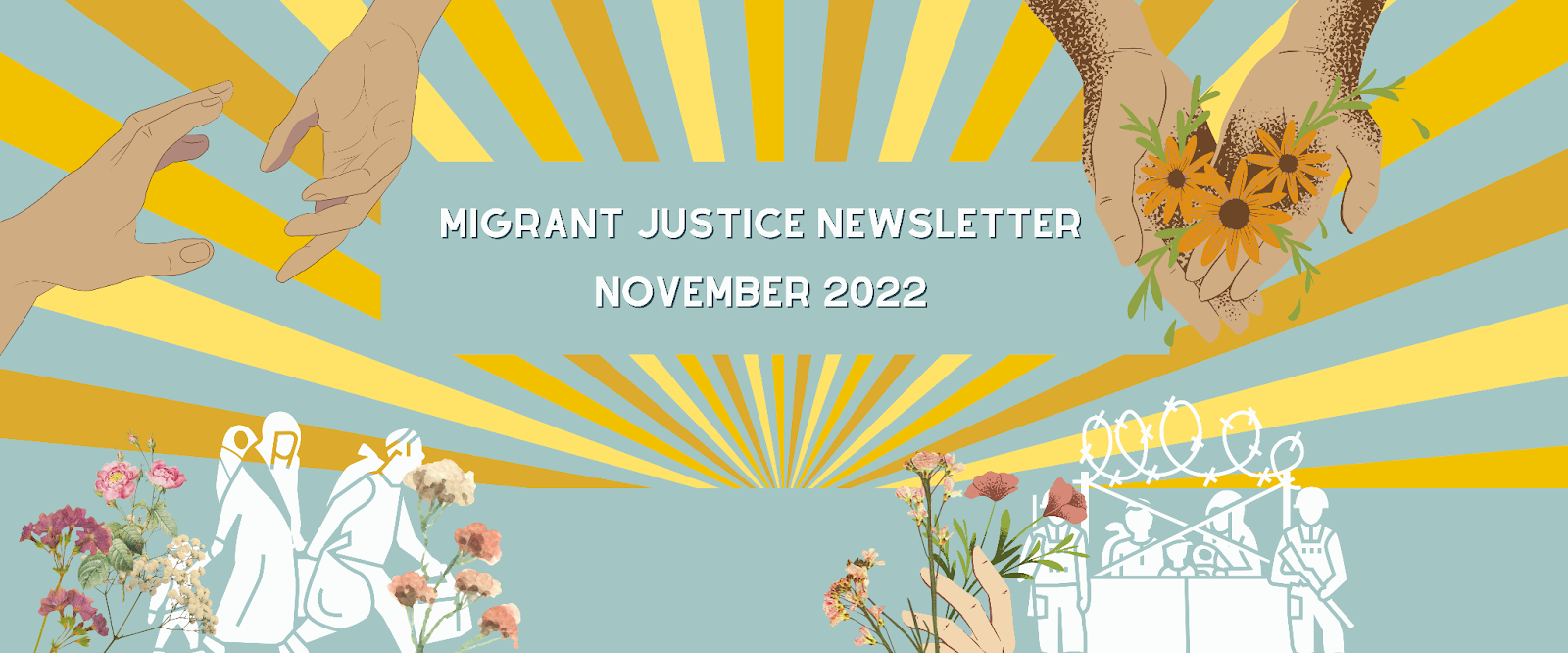Since March 1 in Oaxaca, Indigenous campesinos with UCIZONI (Union of Indigenous Communities of the Northern Zone of the Isthmus of Tehuantepec), havw been peacefully blocking a section of the Mogoñe Viejo-Vixidu railroad, which is being constructed in Indigenous territories without their free, prior and informed consent, as required by international law (International Labor Convention 169). The railroad, which will be protected with a militarized border, is intended to serve a commercial-industrial corridor through the Isthmus of Tehuantepec: commercial ports, highways, digital connectivity networks, a gas pipeline, and ten industrial parks. This mega-project poses risks to the livelihoods, preservation of territory, and the environment of the twelve Indigenous communities living in the area.
Construction of the commercial-industrial corridor is highly unpopular among Indigenous communities in Oaxaca. Their resistance has been met with attacks by civilians and state security forces, as well as stigmatization from high profile authorities from the Mexican government.
In the early hours of March 24, state police, along with a group of civilians, attacked the UCIZONI protest camp, leaving two people injured. This attack is one of 26 acts of aggressions levied against Indigenous rights defenders between October 2021 and March 2023, all related to the construction of the Isthmus of Tehuantepec railroad. Despite the attack by state police, the community has been able to keep its blockade of the railroad intact.

